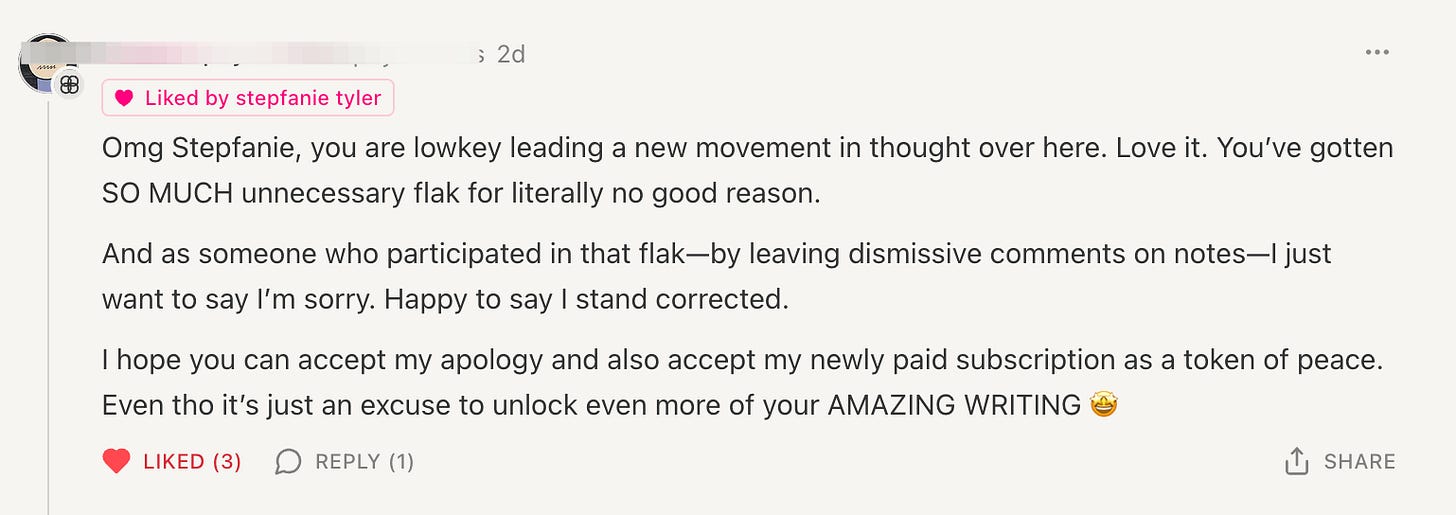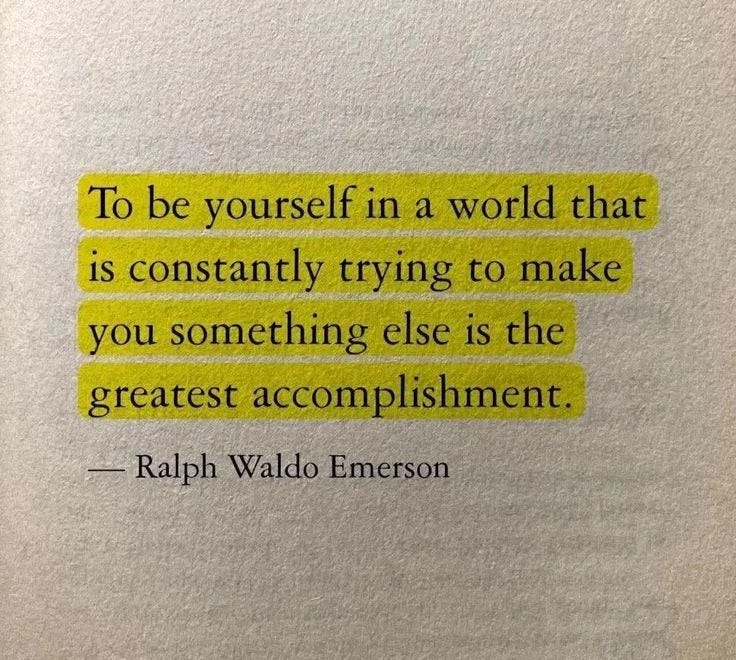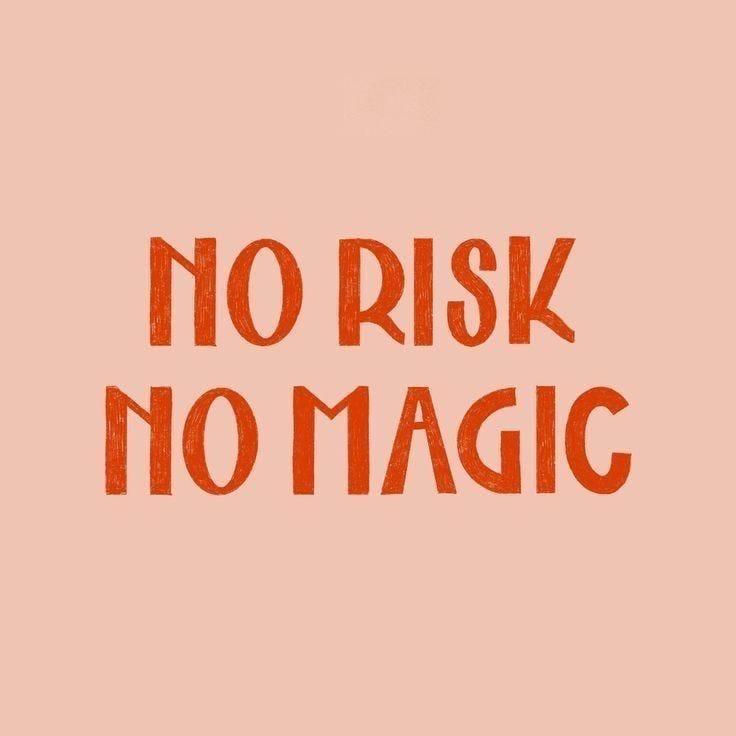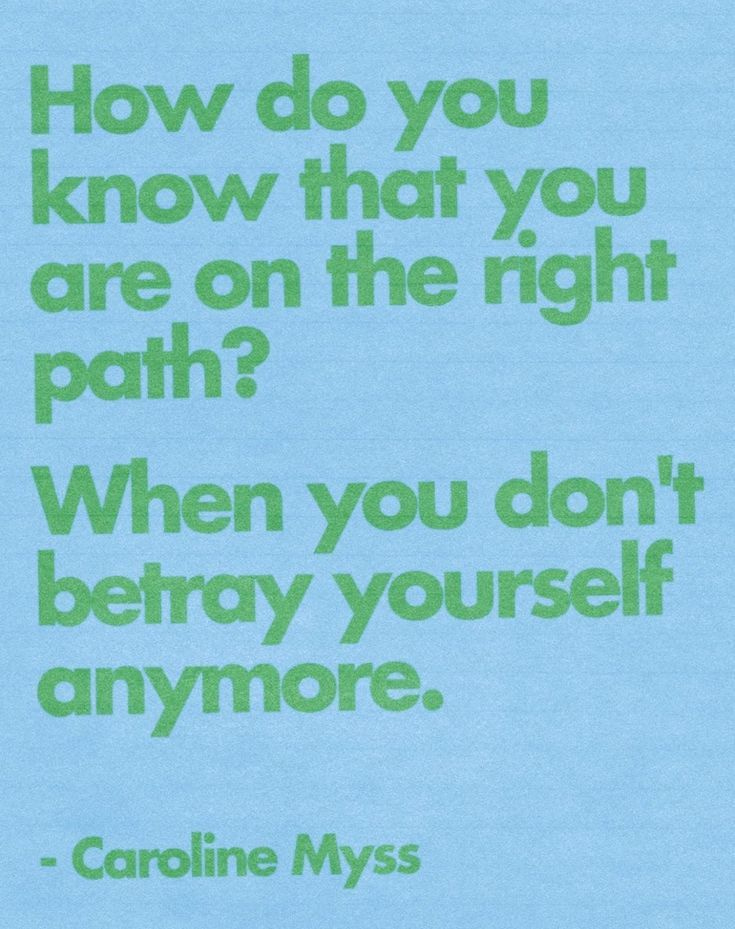stop sanitizing yourself for other people's comfort
breaking the cycle of creative self-censorship and other thoughts on authenticity
A couple days ago, something insanely cool happened: one of my harshest critics reached out to tell me I'd changed their mind on AI. They went from dismissive comments to genuine engagement with the ideas. The conversion surprised me because nothing about my approach had changed. I was saying the same things I'd always said, in the same way I'd always said them. I’d stayed consistent long enough for them to see past their initial resistance—until something in them shifted.
Then, this morning, someone left a note that stopped me cold: "You just type what we're thinking, don't ever stop holding back, we need you to keep things real amidst the chaos." And then again, another reader told me they don't usually subscribe after just one article, but that my ability to "turn my loudest critics into my most devoted fans" was "a serious skill."
I’m not sharing these to brag, though I am proud to receive them. I’m sharing because these moments crystallize some things I've been thinking about for months: We're sanitizing ourselves for other people's comfort and it's killing everything interesting about our work. They forced me to ask myself how much I’ve been editing ME for other people’s comfort—and what was that actually costing me?
the sanitization trap—
First, I think it's important to remember that hate and backlash gets to everyone. No one is above feeling hurt by mean things people say, even though some people are better at hiding it than others. Think about the people you don't like—Elon, Trump, Sydney Sweeney, whoever happens to be the target that week. Many times these figures seem unscathed, but in reality, criticism impacts all of us, regardless of what level we're operating at.
The difference is that someone like Elon has a lot to show for himself, which makes it easier to stomach the attacks. But for people just starting out, especially in unfamiliar domains, any hate can feel crippling—which is why so many people simply quit. "People hated it so it must be bad."
But here’s what I’m learning about this dynamic: the intensity of organized opposition often correlates with the importance of what you're saying. Not always, but often enough to pay attention to. Furthermore, you can't make something for everyone. Someone will always hate you. That's just part of playing the game—there will always be a cost for showing up.
The pressure to conform is everywhere, but it's particularly insidious in creative and intellectual work. Most creators develop this reflex early: trim the controversial edges, add qualifying language, soften conclusions that might upset someone. We tell ourselves we're being strategic, building bridges, maintaining credibility. Really, we're just being cowardly.
The reflex intensifies with every nasty comment, every bad-faith interpretation, every screenshot taken out of context. Soon you're not just avoiding genuinely offensive content—you're avoiding anything that might generate strong reactions. Strong reactions become synonymous with failure rather than engagement.
This is backwards. Strong reactions are often evidence that you've touched something real.
It’s also worth considering who's doing the criticizing. Anonymous accounts with three followers. People working jobs they hate, taking their frustration out on creators who chose differently. Ideological purists who can't tolerate dissent on any topic. Do you really want to edit your thoughts for their comfort?
The saying "don't take advice from anyone you wouldn't trade lives with" applies perfectly to criticism. Yet we let people whose lives we wouldn't want for five minutes dictate what we can say and how we can say it.
The absurdity becomes clear when you flip it: would you take career advice from someone unemployed? Relationship guidance from someone perpetually single and bitter? Creative direction from someone who's never created anything? Yet we routinely let people who've never built anything meaningful dictate how we should express our ideas.
The people actually doing interesting work—the ones creating, building, taking real risks—are usually too busy to leave angry comments. They're in the arena, not the stands.
the platform paradox—
Each platform teaches you its own version of acceptable thought through social feedback loops. Twitter rewards snark and outrage. LinkedIn demands professional optimism. Instagram wants aesthetic perfection. Substack, despite marketing itself as a haven for independent thought, has its own subtle orthodoxies.
For me, these pressures became suffocating. I ditched all social media in 2021 because I didn't feel like it was conducive to my mental health. I took an 18-month hiatus, read almost 250 books, sought total mental recalibration. It was incredibly peaceful—no angry comments, no performative outrage, no pressure to have takes on everything happening in real time.
When I returned to social media in 2023, I could see these invisible boundaries more clearly. On Substack, certain combinations of views felt radioactive: being enthusiastic about AI while also being skeptical of progressive orthodoxy, supporting individual responsibility while questioning institutional narratives, embracing technology while rejecting victimhood culture.
None of these positions are extreme, but together they created a profile that didn't fit neatly into any established camp. I could feel the platform's gentle pressure to pick a lane, to become more predictable, to stop being such a square peg. And once again, I began editing my thoughts before writing them, anticipating the backlash, softening positions to maintain palatability. I felt like if I wanted to grow, I had to hide those parts of who I am because so many people today won't follow an account if they disagree with even one thing that person says, thinks, or believes.
The exhaustion and suffocation I felt wasn’t from holding unpopular views—it was from constantly calculating how to express them without triggering the platform's immune system. You start optimizing for engagement metrics rather than truth-telling, and that's when your work dies.
a quick note on tolerance—
Modern "tolerance" has become one of the most intolerant forces in cultural life. The people most vocal about inclusion are often the quickest to exclude anyone who questions their methods. Diversity means demographic representation, never intellectual diversity. Progress means agreeing with predetermined conclusions, never questioning underlying assumptions.
I see this constantly on Substack. Writers who pride themselves on being open-minded will unfollow accounts that express even mildly heterodox views. The same people who celebrate "marginalized voices" will instantly marginalize voices that don't conform to approved narratives. The result is a platform that talks about intellectual freedom while punishing actual intellectual independence. You can have any opinion you want, as long as it fits within an increasingly narrow range of acceptable thought.
This creates perverse incentives: writers learn to signal their heterodoxy through safe rebellions—criticizing tech companies everyone already dislikes, questioning policies everyone already doubts. Real dissent, the kind that challenges fundamental assumptions of your audience, becomes career suicide.
the mathematics of authentic expression—
Authenticity isn't performance or needless provocation. It's the quiet refusal to pretend you're something you're not. It's sharing your actual thoughts rather than the thoughts you think will get the most approval.
And here's the brutal arithmetic: trying to appeal to everyone guarantees appealing strongly to no one. Lukewarm takes generate lukewarm responses. Safe positions create safe conversations. When you sanitize your thoughts, you sanitize your impact.
But authentic expression—even when controversial—creates genuine connection with people who think similarly. They feel less alone. They see their half-formed thoughts articulated clearly. They realize someone else sees the world the way they do. This is why one authentic supporter matters more than a hundred lukewarm followers. The supporter feels genuinely understood. The followers are just consuming content.
When you sanitize yourself for others' comfort, you're not just harming your own work—you're depriving people of thoughts they need to hear. How many insights never get published because someone fears the mob's reaction? How many paradigm shifts don't happen because potential catalysts are too busy keeping everyone comfortable?
The people who changed the world didn't do it by avoiding offense. They said true things that made people deeply uncomfortable, until those truths became undeniable. Darwin, Galileo, Semmelweis—all faced fierce opposition for challenging comfortable assumptions. While you're probably not going to revolutionize science, the principle holds: important truths often feel threatening to people invested in comfortable lies. If you're never making anyone uncomfortable, you're probably not saying anything that matters.
The difference today is that the pressure to self-censor has become so pervasive that many potential breakthrough voices never even try. As such, we're not just losing individual authenticity—we're losing collective intelligence. When everyone's optimizing for social safety instead of truth-seeking, we stop making intellectual progress. Ideas that could solve problems never get voiced because they might upset someone. The culture becomes a closed loop of approved thoughts, recycled endlessly with slight variations. Innovation dies not from direct censorship but from self-censorship, anticipatory compliance, the exhaustion of constantly managing other people's comfort.
square peg syndrome—
There comes a moment when you realize you're spending more energy trying to fit than creating anything worthwhile. You're editing your thoughts to match audience expectations, choosing topics based on what will generate positive engagement, avoiding ideas that might alienate potential followers.
This is the square peg syndrome: exhausting yourself trying to fit into holes that weren't made for your shape. The relief of finally stopping is immense, even when it means accepting a smaller audience.
When I stopped trying to appeal to Substack's progressive orthodoxy, my engagement with that crowd predictably dropped. But something interesting happened: the people who remained were vastly more engaged. They weren't just consuming content—they were genuinely connecting with my ideas.
The filter effect is real. When you stop trying to be palatable to everyone, you become genuinely valuable to the people who actually think like you do. Your work finds its natural audience instead of trying to create an artificial one.
But the impact goes beyond just finding your tribe. Perhaps the most important thing authentic expression does is give other people permission to think freely. When someone says "you just type what we're thinking," they're revealing how rare it's become to see honest thought in public spaces.
Most people are walking around with half-formed ideas they're afraid to express, questions they're not supposed to ask, observations that don't fit approved narratives. When they see someone else thinking out loud without apology, it creates a permission structure for their own intellectual honesty.
This is why authentic voices feel so valuable in the current moment. Not because they're saying things that are necessarily new or brilliant, but because they're demonstrating that it's still possible to think independently in public without immediate social destruction.
The critic-to-supporter conversion happens when people realize they can stop performing ideological purity and start engaging with actual ideas. Your consistency gives them permission to question their own assumptions.
so, what do we do?
Understanding why sanitization fails is one thing. Actually breaking the habit is another. After years of editing myself for others' comfort, here's what I've learned about making the transition to authentic expression:
Start with the pre-edit audit. For one week, notice every time you soften a conclusion, add unnecessary disclaimers, or avoid topics that might generate pushback. Don't change anything yet—just observe how often you're editing thoughts before they reach the page. Most people are shocked by how automatic this process has become.
Apply the life-trade test. When you feel that familiar anxiety about potential criticism, ask yourself: would I actually trade lives with the people whose disapproval I'm anticipating? If the answer is no, their comfort shouldn't dictate your expression. This simple filter eliminates about 90% of the voices that constrain your thinking.
Choose one authentic position. Pick something you genuinely believe but have been afraid to express publicly. Not your most controversial take, but something real that you've been sanitizing. Express it clearly, without excessive caveats or apologies. Notice what happens—both the backlash and the deeper engagement from people who think similarly.
Expect the filter effect and lean into it. When you stop sanitizing, some followers will leave. This is feature, not a bug. The people who remain will be more genuinely engaged because they're connecting with your actual thoughts rather than your performed thoughts. Quality of audience matters more than quantity.
Maintain consistency through pushback. The most important part is not changing your position when criticism arrives. If you've thought through your stance and have interrogated your beliefs, stick with them. The critic-to-supporter conversions happen when people see you're not just performing opinions for social approval. (Note: this doesn’t mean denying facts and evidence. This just means not caving to any negative pressure.)
Focus on permission-giving rather than persuasion. Your goal isn't to convince everyone you're right—it's to demonstrate that independent thinking is still possible. When someone says something like "you just type what we're all thinking," you've succeeded. You've given them permission to trust their own judgment.
We're living through a crisis of intellectual homogenization, and I can promise you, the solution isn't more tolerance—it's more courage. The courage to think independently, express authentically, and accept that some people will dislike you for who you actually are rather than love you for who you're pretending to be.
Stop sanitizing yourself for other people's comfort. Not just for your own sake, but for all the people who need to hear what you're really thinking. The world has enough safe thoughts. What it needs is your dangerous ones.
Your authentic voice isn't just personal expression—it's permission for others to think freely. Use it.
XO, STEPF














Another great article! Thank you so much for being clear and challenging me to practice not sanitising my thoughts
I think this self-censorship is also a disservice to your audience — and to society as a whole. If all the discourse that’s “allowed” ends up sounding like a slightly altered version of the same thing, the range of perspectives shrinks. People then have to become language critics, parsing micro-nuances just to decide what they think. Most won’t bother — it’s exhausting — and the debate shifts from ideas to clever turns of phrase. The beauty of bold ideas is that they’re easy to grasp. You know exactly what they mean, and you can decide where you stand without playing detective